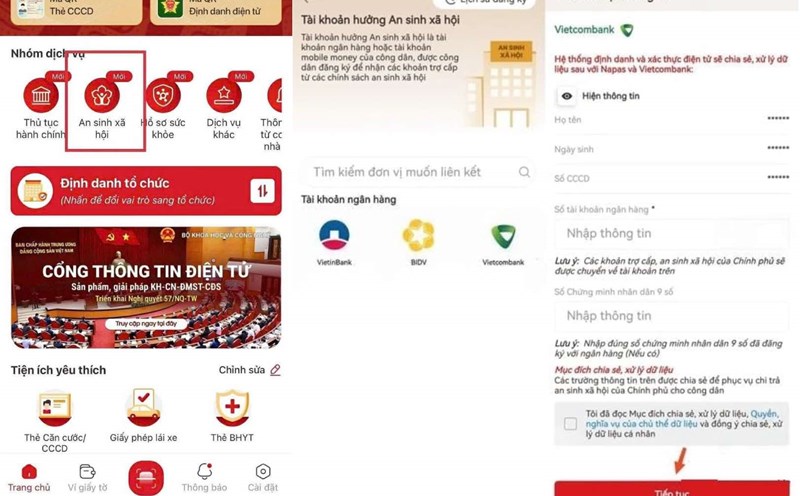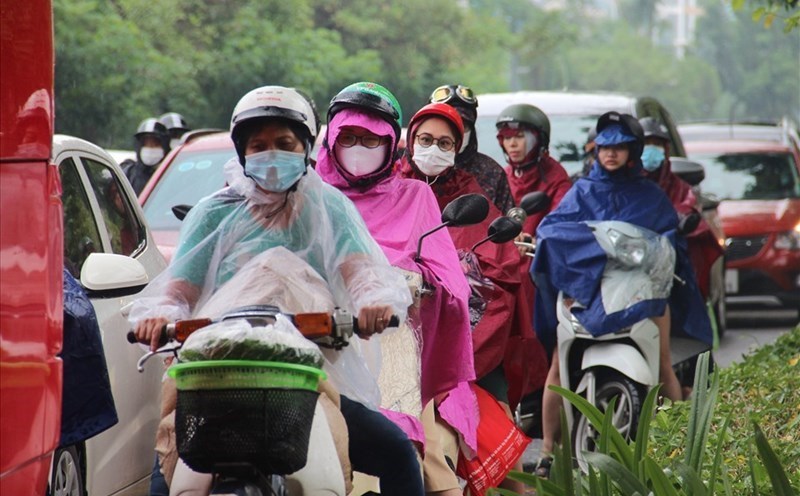Vietnam Education Publishing House has compiled a set of AI education books for students in grades 1-12, designed according to a knowledge framework suitable for students' receiving abilities, combining theory and practical lessons to help them get acquainted with AI appropriately.
Speaking with Lao Dong, Mr. Ho Duc Thang - Director of the National Institute of Digital Technology and Digital Transformation - emphasized that the popularization of AI in education, especially at the primary level, must be done carefully, with clear goals and putting safety factors first. Mr. Thang noted: "Bringing AI to primary school is not to turn students into young engineers, but to help students get acquainted with technology safely and with direction".
Mr. Thang warned that primary school students should not be allowed to use tools like ChatGPT for free, because they do not have the ability to select and evaluate information. Therefore, all AI applications in schools must pass censorship to ensure safety and ethics.
An important direction is to focus on equipping teachers with skills. Teachers are the ones who design lessons, orient students and control technology experiences in class. Many international experiences worth considering are: Singapore built a short modular to help students understand how to use AI safely; Estonia prioritized teacher training; Korea replaced textbooks too early with digital applications but were ineffective.
Mr. Thang also pointed out the risk of inequality if not synchronized because urban students can access early, while remote areas are left behind. Therefore, the implementation should start with a pilot, carefully evaluate including safety aspects, and then expand.
Regarding the legal framework, Mr. Thang said that Vietnam is researching and developing the AI Law. In the world, only a few regions and countries have a specific legal framework, including the European Union, South Korea and Japan.
Regarding risk management, he proposed a three-layered defense strategy: Eliminate and classify risks - "risk filter", ensure safety right from the design - "safe from the water egg" and continuous monitoring with an incident handling mechanism to prevent the system from operating like a "black box".
Regarding this issue, many parents support the application of AI in schools but expressed their desire for a clear roadmap and strict instructions. Ms. Ha Linh (Hanoi) supports the trend but is concerned that young children need adults to orient them so as not to abuse them. At the same time, she suggested that schools and teachers must be trained in advance, so that teaching AI always involves ethical responsibility and safety.









